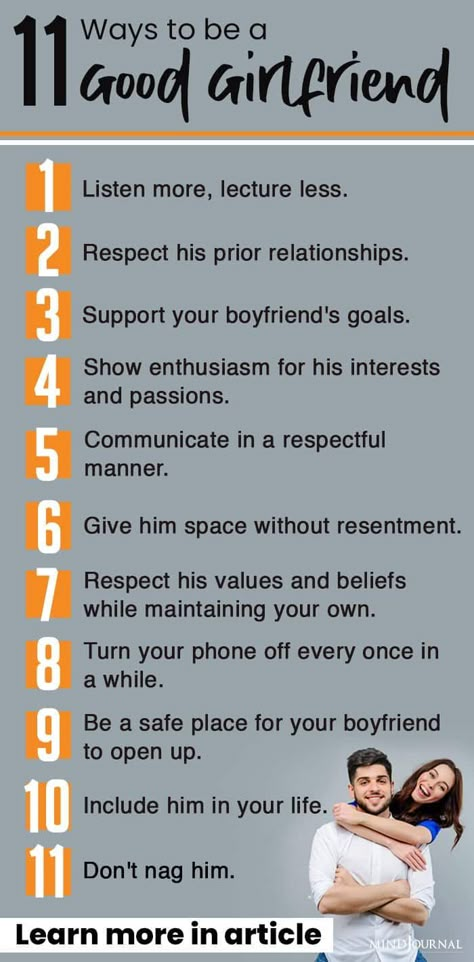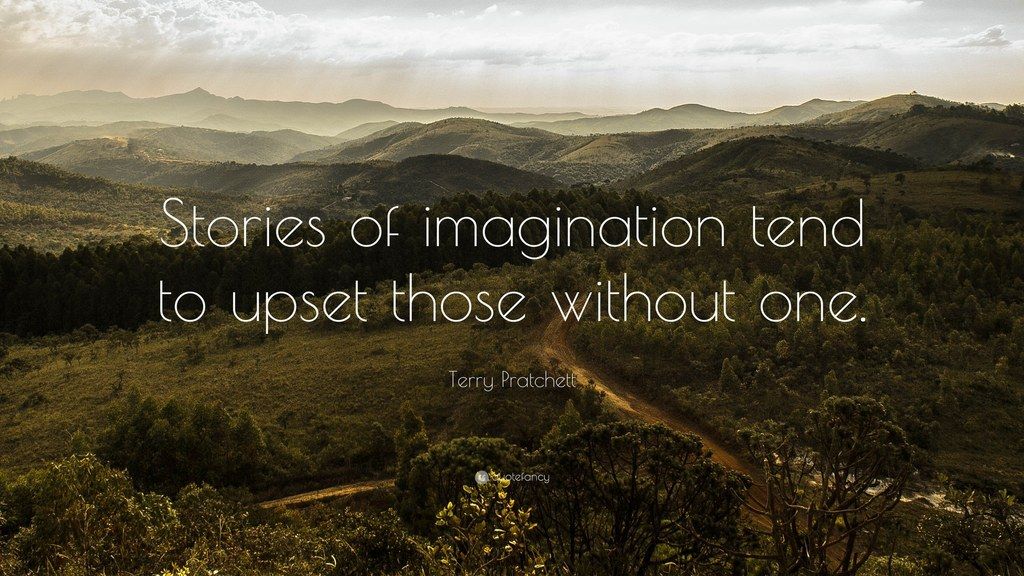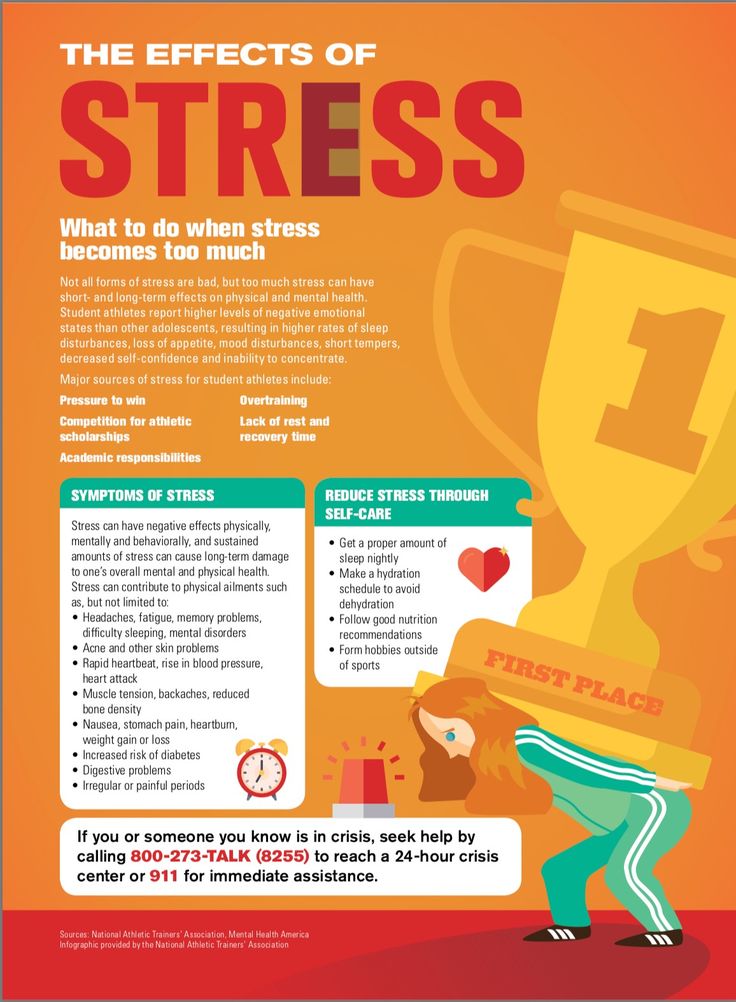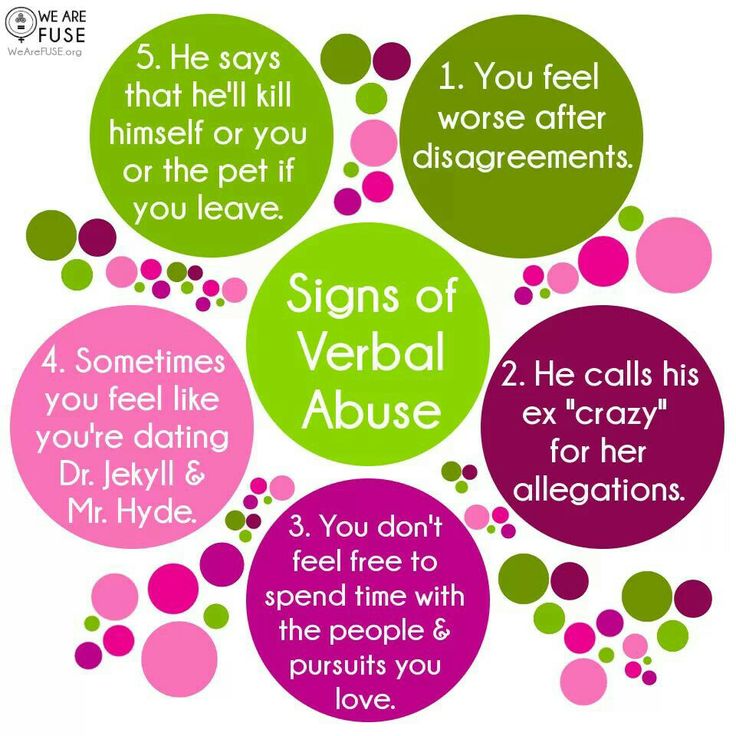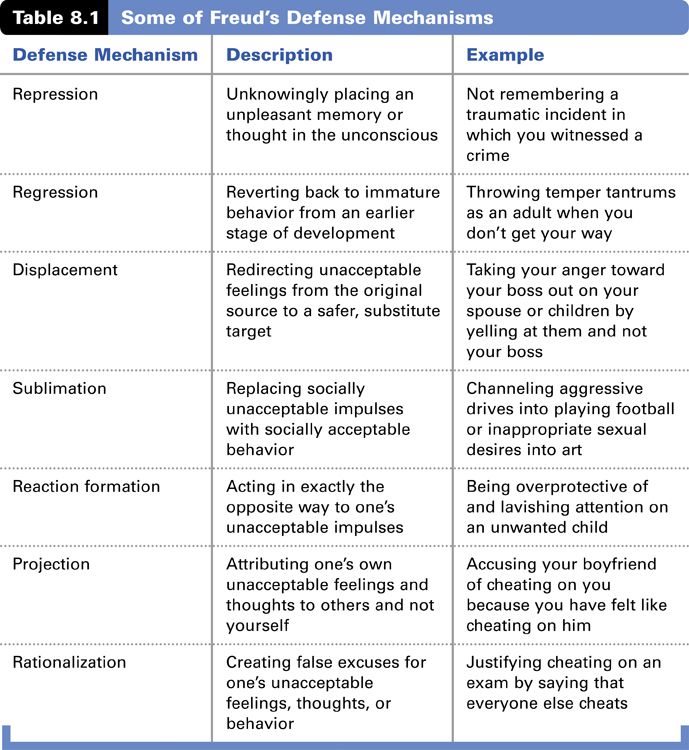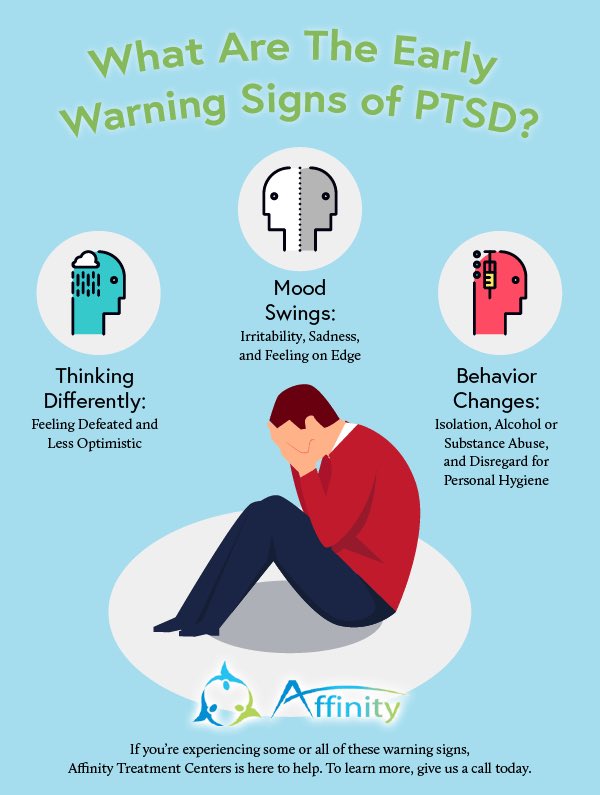How to be emotionally independent in a relationship
How To Be Emotionally Independent: 6 Small Steps
Maybe you think you might feel happier if someone you admire approves of you, if your relationship changes, or if your partner starts to do things your way. This sentiment is very common: It's the idea that our happiness depends on something outside of us. This is known as emotional dependence; it is when our feelings and self-worth are based on external factors such as how another person feels about us. But if we want to find a sense of peace within ourselves and our relationships, then it is important to shift from emotional dependence and into emotional independence.
What is emotional independence?
Emotional independence is the ability to regulate your emotions and still feel good about yourself even when difficult situations present themselves. It is also the practice of being able to regulate your emotions without seeking constant approval, attention, and validation from another person.
One of the downsides to emotional dependence is that when things don't happen in our favor, our mood and feelings of self-worth are likely to be negatively affected. Functioning in this way affects our sense of peace because factors outside of us continually ebb and flow. People's opinions of us are outside of our control.
Those who are emotionally independent typically don't have to look to sources outside of themselves to let them know that they are OK. Of course, it is normal to want to have validation from those we love. But emotional dependence crosses a line when our self-esteem and self-worth depends on how other people are feeling toward us. Emotional independence is the ability to have the balance between paying attention to what is happening outside of you and having some control over your response to those events. With emotional independence, your sense of self remains intact because of your inherent belief in yourself.
People who possess emotional independence are able to cultivate a sense of happiness and peace despite what may be happening in their lives and relationships. This is not to say that they are never affected by things that happen outside of them, but they still have a sense of who they are and can fulfill their own needs internally.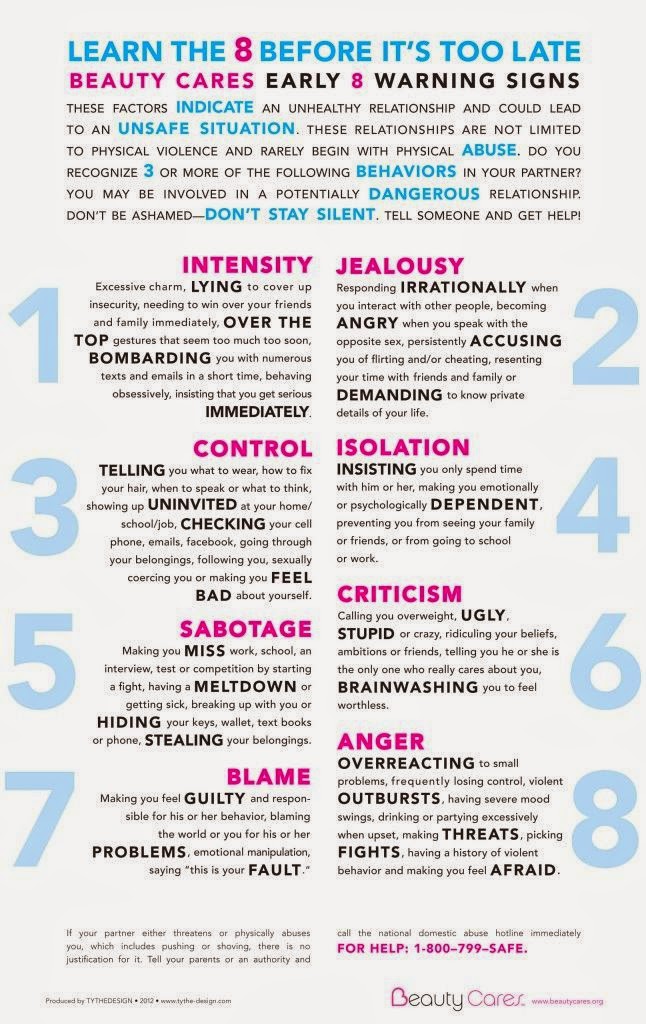
How to become emotionally independent:
1.
Practice mindfulness.
Mindfulness is the act of paying attention to the present moment. It's the awareness of what is happening inside of you (thoughts, feelings, sensations) and outside of you (situations and other external factors) without judging them as good or bad. Practicing mindfulness can help you build emotional independence because it can help you increase your awareness around your reactions and responses when things don't happen as planned.
We cannot heal what we are not aware of. Therefore, mindfulness can help us increase awareness around the patterns of behaviors and thoughts that maintain emotional dependence.
Advertisement
This ad is displayed using third party content and we do not control its accessibility features.
2.
Identify your "why."
You can begin by using these questions as journal prompts to dig deeper into why you want to build your internal resiliency.
- Why is it important for you to become emotionally independent?
- How does it make you feel when you have to depend on others or things outside of you to make you feel better about yourself?
- What has this experience been like for you?
- What does it mean to you to become emotionally independent, and how do you see your life changing as a result of being able to have more control over your emotional states?
Advertisement
This ad is displayed using third party content and we do not control its accessibility features.
Having a clear understanding of your "why" will serve as a motivating factor to continue to do the work that it takes to become more emotionally independent.
3.
Rewire your thinking.
Write down the thoughts and beliefs that keep you emotionally dependent. For example, "I need other people to feel good about me so that I can feel better" or "I need things to go my way so I can feel in control of my life.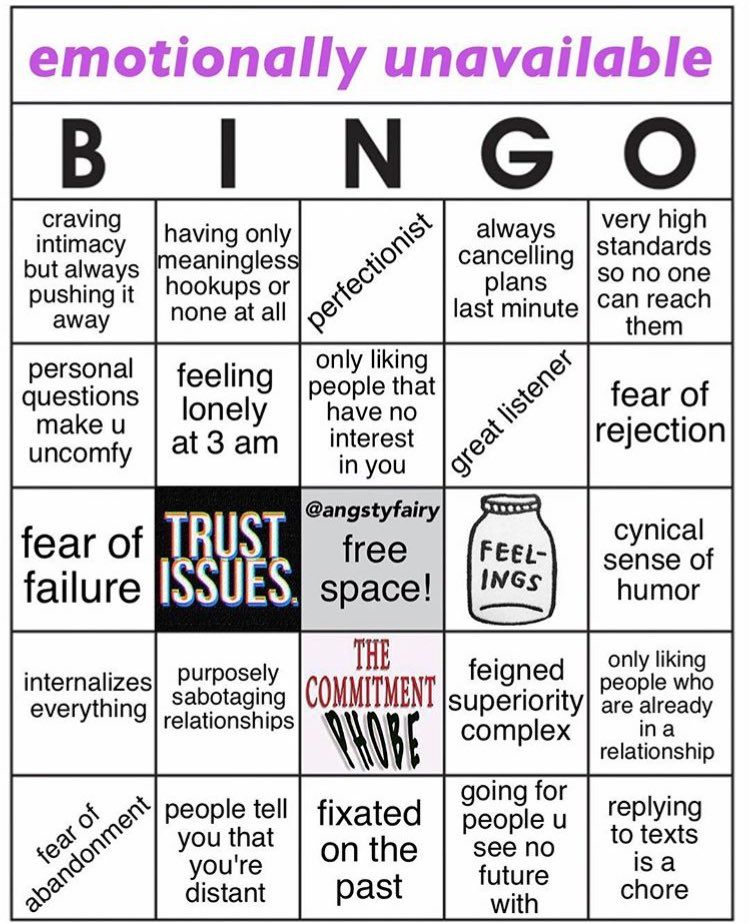 "
"
When you come across these kinds of thoughts (also known as automatic negative thoughts), practice replacing them with something neutral and adaptive such as "I can handle difficult feelings that come up" or "I am capable of feeling OK with myself despite how someone else may feel about me."
Being able to replace the automatic negative thoughts with alternative, adaptive statements can help you with rewiring your thinking.
Advertisement
This ad is displayed using third party content and we do not control its accessibility features.
4.
Practice self-compassion.
Ask yourself, what are you avoiding by being emotionally dependent on another person? Is it loneliness, sadness, fear of rejection? Pay attention to what lies beneath feeling emotionally dependent on another person and give compassion to the underlying feelings.
Here's what giving yourself compassion might sound like: "It is OK to experience sadness and loneliness. There is nothing wrong with me for feeling uncomfortable with rejection.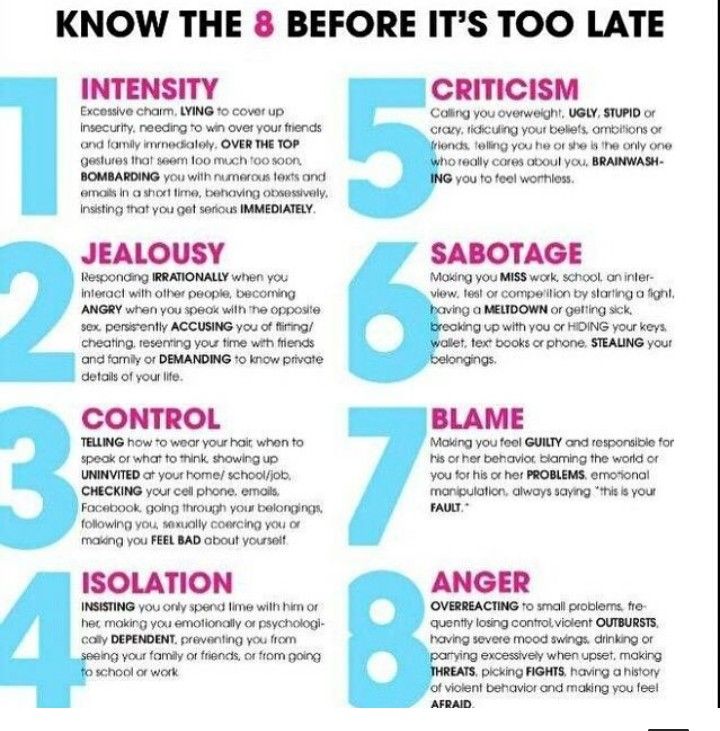 "
"
When we can sit with the underlying feelings that drive emotional dependence and give those feelings love and compassion, then we can increase our ability to tolerate difficult emotions without having to soothe them away by seeking approval from someone else. In a sense, practicing self-compassion is a form of self-soothing when we are feeling overwhelmed with emotion.
5.
Learn self-validation.
Oftentimes, emotional dependence intertwines with being a people-pleaser. This looks like shrinking yourself and shifting your boundaries in order to accommodate someone else.
Practicing self-validation means that you give yourself permission to feel your feelings and are accepting of your thoughts and emotions. Here's what that might sound like: "My feelings make sense. It is OK to feel what I am feeling. I am allowed to set boundaries."
Self-validation is helpful in giving space to your feelings. If you struggle with self-validation, the next time you are seeking validation from someone else, ask yourself, "What is it that I would like to hear from this person?" Then practice saying those words to yourself.
Advertisement
This ad is displayed using third party content and we do not control its accessibility features.
6.
Practice letting go.
Emotional dependence is when we feel like we can't be OK unless someone else is OK with us. Practicing letting go means releasing the need to control how other people feel about us so that we can be OK with ourselves. By learning to let go of these expectations, we are also taking responsibility for our feelings without making another person responsible for them. This is a true form of acceptance where we can acknowledge that other people are entitled to their own feelings toward us, but this doesn't change the core of who we are and how we feel about ourselves.
Shifting from emotional dependence to emotional independence can be difficult, especially if we came from a childhood that was invalidating. The good news is that learning how to become emotionally independent is a possible feat that comes with patience and practice.
11 Ways To Be Independent In A Romantic Relationship, No Matter What
If you have a SO, you might them your best friend. You tell them all your worries, go to events with them, and spend hours watching Netflix together. But even if the both of you hang out all the time, it's important to be independent in a romantic relationship, too. Being in a relationship doesn't mean you have to be co-dependent. Healthy relationships are about two independent people who decide to share their lives and build a relationship together.
"It’s very important to have independence in a relationship. Successful, healthy relationships allow for the both people to form a bond which lets them to not only grow together but also to grow independently as people. It’s essential to have your own sense of autonomy while feeling you can depend on each other. Also, if you give up your independence and abandon the things that used to make you happy, it will be reflected in your relationship," says relationship etiquette expert Mara Opperman in an interview with Bustle over email.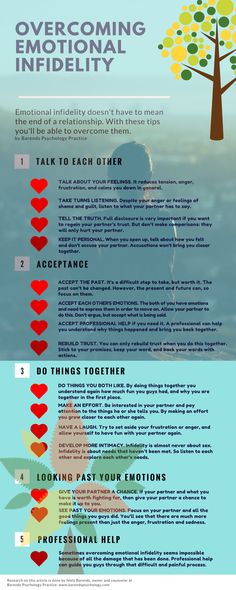
But why is it so hard for some couples to be independent in a relationship? For some, it's because of social anxiety. "A big problem with independence comes from underlying social anxiety. Those with SA struggle and ruminate about what others are thinking and most often infer judgments that are unfair and unlikely about their current self-worth or behavior. Helping to gain self-esteem through experience in social and/or work settings can help. Diversity of relationships is also key. Some people want to have just one partner in crime. But that can mean a lot of heavy lifting for your significant other. If we have friends, family and work colleagues with whom we share meaningful experiences we have less chance of getting burnt out any relationship," says director of therapeutic technology Dr. Scott Lloyd in an interview with Bustle over email.
If you feel like you've been hanging out with your partner too much, that's OK. Here are 11 ways to be independent in a romantic relationship.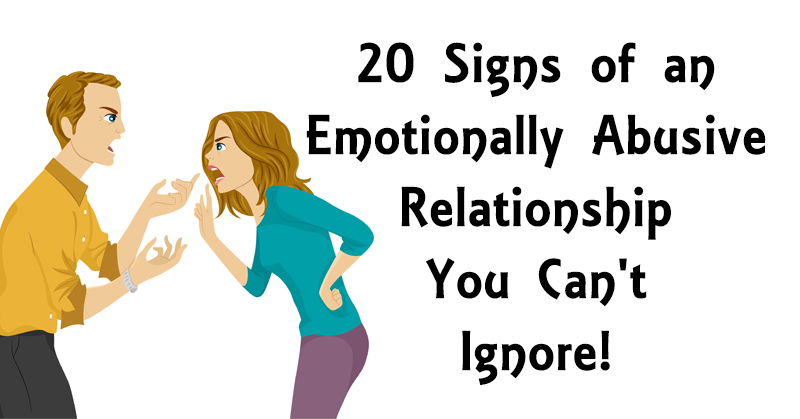
1. Learn To Recognize Your Own Emotions
Learning how to establish a sense of self is vital to helping you grow as an individual. You want to learn how to recognize your own emotions for situations where you need to stand up for yourself and make quick decisions when your partner isn't available. "Learning to recognize your own emotions, and how to regulate yourself when your partner seems unreasonable, or is unavailable. Good ways to do this include a daily practice of meditation, calming breathing exercises, yoga, running, swimming or any other physical exercise that reliably produces a calming effect on your body," says licensed marriage and family therapist Gracie Landes in an interview with Bustle over email.
2. Do Something By Yourself
While it's always fun to share experiences with your partner, you want to strive to have some solo ones, too. "Get time on a regular basis to do something on your own that you enjoy and that give you energy. Have hobbies or interests you can bring back to share with your partner.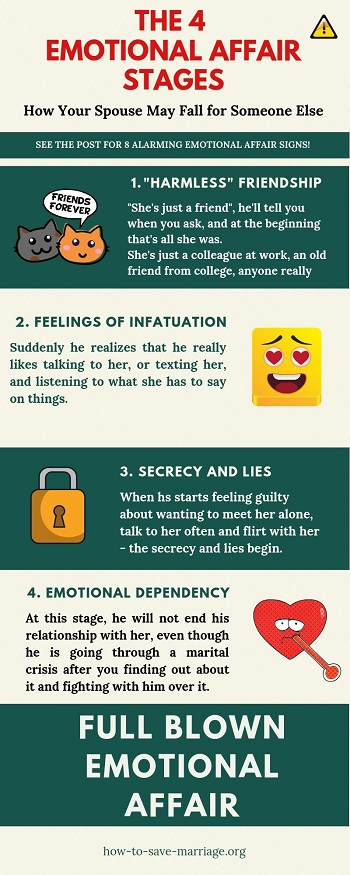 This keeps the relationship fresh and allows you both to keep growing," says Landes.
This keeps the relationship fresh and allows you both to keep growing," says Landes.
3. Understand & Accept Your Partner's Point Of View
It's normal for couples to have a different point of view from each other, and these differences are a great way to establish independence. "Learning to recognize and understand and accept the other person's point of view, especially when it's different from your own," says Landes.
4. Learn To Be Interdependent, Not Codependent
"Being interdependent in a relationship means you and your partner are good together, but you're good on your own, too. When someone is codependent, he/she tends to think that he/she is not OK on his/her own and he/she loses parts of herself/himself because he/she fears she/he might lose the relationship," says clinical psychologist Megan Fleming in an interview with Bustle over the phone. Even though it's good to be in a relationship with someone, it doesn't mean you have to be codependent. A relationship won't be considered healthy if you rely on that person entirely for all your wants and needs.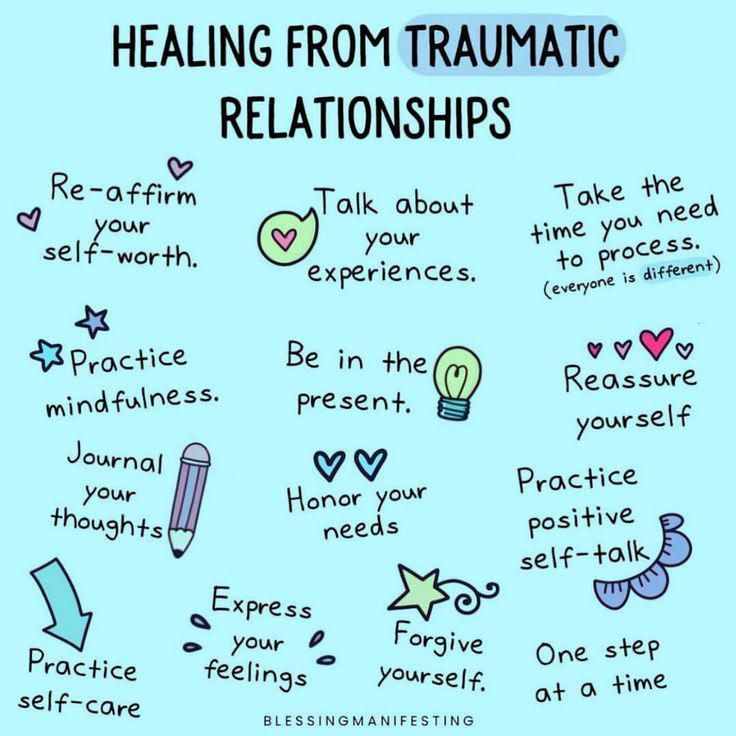
5. Think Of Your Core Values
You never want to change your values to please your SO. While it's normal for someone to change them on their own, you don't want to just because your SO is forcing you to. "Don't give up your core values to be in a relationship. Figure out what's most important to you and don't lose sight of that," says Fleming.
6. Maintain Your Own Passions
Continue to do what you love so you can grow a life outside of your relationship. "You can have your own passions and your own life, but from time to time it’s nice to share these things with your partner," says Opperman.
7. Learn To Love Yourself
Honestly, one of the most important relationships you have to continue to nurture is the one you have with yourself. Normally, no other relationship will work out if you don't have a good relationship with yourself. "Don’t forget to love yourself. You need to take care of yourself and your needs," says Opperman.
8. Hang Out With Your Friends Without Your SO
Before you and your SO got together, you probably surrounded yourself with friends and family. It's important to maintain those relationships even when you're in a romantic relationship. You don't want all of your happiness to depend on just one person. "You should also plan nights to hang out with your own friends and go out separately," says Opperman.
It's important to maintain those relationships even when you're in a romantic relationship. You don't want all of your happiness to depend on just one person. "You should also plan nights to hang out with your own friends and go out separately," says Opperman.
9. Find A New Hobby
It's always fun to share a hobby with your partner, but it's also a good idea for each of you to do your own thing once in a while. It will allow you to have new subjects to talk about and help you appreciate the times you do have together. "Find a new hobby that you enjoy or go out and meet new people and make new friends,"says Opperman.
10. Figure Out What's Important Aside From Your Relationship
While your SO is a very important element in your life, you should try to make sure that that's not the only important thing. "Spend your time thinking about what is important in your life aside from your relationship. Whatever you focus on will help remind you that there are other things in life aside from your SO.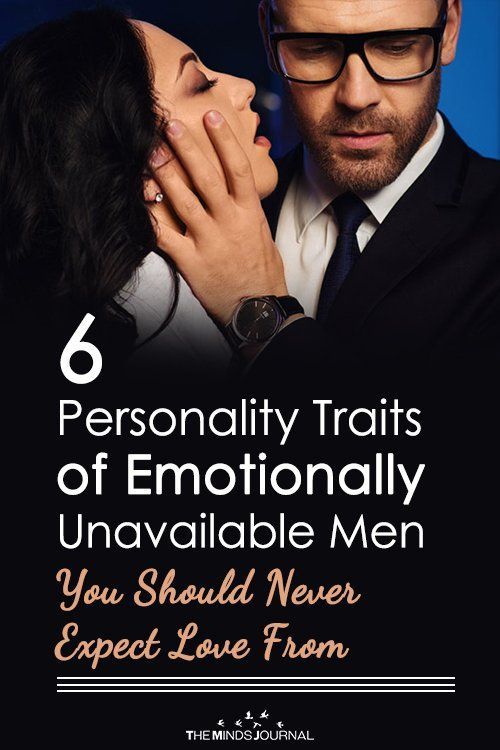 You need to happy with or without your partner," says Opperman.
You need to happy with or without your partner," says Opperman.
11. Don't Place So Much Pressure On Your Relationship
It can be easy to fall into the relationship trap when you have unrealistic expectations. Instead of putting a lot of pressure on your relationship, take the time to focus on your own needs and wants. "Until people know they can manage on their own, they put too much pressure on a relationship to provide the majority of their needs or to always go well. That's not a realistic expectation for a sustainable long term relationship. It's safe to be close to another person to the extent you can tolerate them being a separate individual," says Landes.
While it feels amazing to be in a stable relationship, you don't want your whole life to revolve around your SO. Take some time to be alone, find a new hobby, and figure out what's important aside from your relationship. It's time to find your independence while you're dating your SO.
Images: Pexels
How to Become Emotionally Independent in 6 Steps - The-Femme
"I will be happy when. .."
.."
Complete whatever comes to your mind when you read this phrase. Think about the last time you said those words.
You may think that you will feel happier if someone you admire compliments you, if your relationship status changes, or if your partner starts doing things your way. This feeling is very common: the belief that our happiness depends on external factors. This phenomenon is known as emotional dependence; when our feelings and self-esteem are based on things like how the other person treats us. But if we want to find a sense of peace in ourselves and our relationships, it is important to move from emotional dependency to emotional independence.
What is emotional independence?
Emotional independence is the ability to regulate your emotions and still feel good, even in the most difficult situations. It is also the ability to regulate your emotions without waiting for constant approval, attention and confirmation from the other person.
One of the downsides of emotional dependency is that when things don't go according to plan, our mood and self-esteem can be severely affected.
Life circumstances thus affect our sense of calmness, because external factors are constantly changing. The same opinion people have about us is out of our control.
Those who are emotionally independent usually don't look outside themselves for sources of approval to know they're okay. Of course, it's okay to want approval from those we love. But emotional dependency crosses the line where our self-worth is always dependent on how other people treat us. Emotional independence is the ability to maintain a balance between how we pay attention to what is happening outside and how we react to it. With emotional independence, your attitude towards yourself remains unchanged because of your strong belief in yourself.
People who are emotionally independent are able to develop a sense of happiness and peace, no matter what happens in their lives and relationships. This does not mean that they are never affected by things that happen around them, but they still have an understanding of who they are and can fulfill their own inner needs on their own.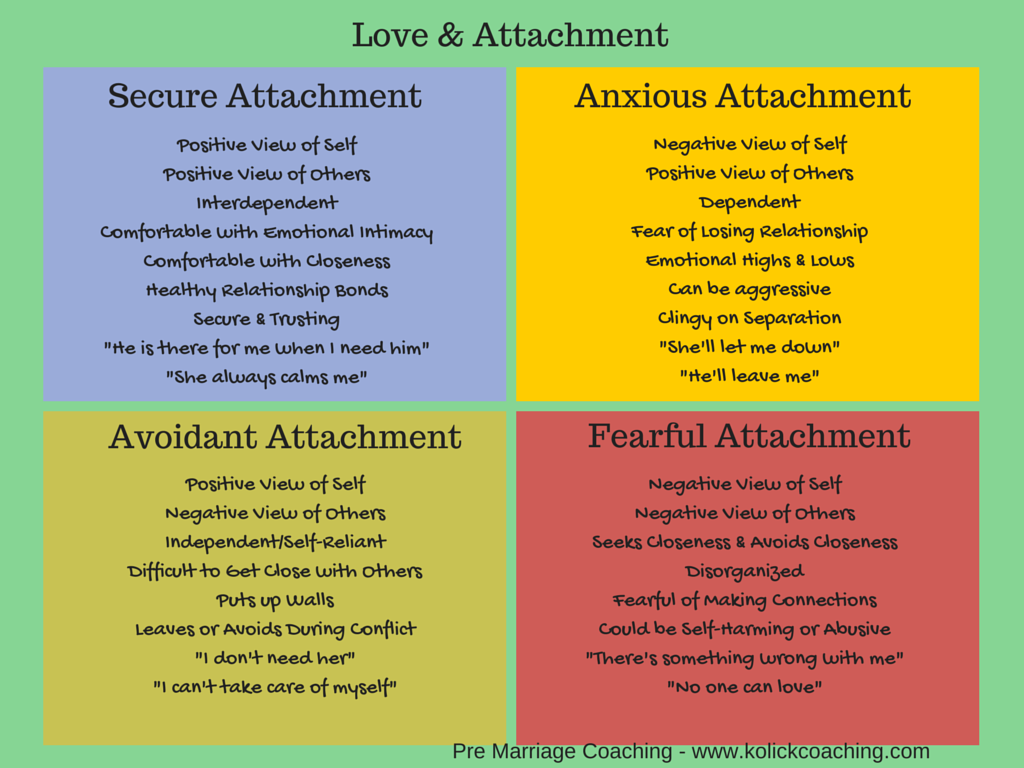
How to become emotionally independent:
1. Practice mindfulness.
Mindfulness is the act of paying attention to the present moment. This is the awareness of what is happening inside you (thoughts, feelings, sensations) and outside of you (situations and other external factors), without evaluating them as good or bad. Mindfulness practice can help you build emotional independence because it helps you increase your awareness of your reactions when things don't go as planned.
2. Identifying Your Why
You can use these questions and keep a diary to gain a deeper understanding of why you want to increase your inner resilience:
- Why is it important for you to become emotionally independent?
- How do you feel when you have to rely on other people and things beyond your control to make you feel better?
- What does it mean to you to be emotionally independent, and how do you see your life changing as a result of being able to control your emotional state better?
Having a clear understanding of your "why" will serve as a motivating factor to continue the work needed to become more emotionally independent.
3. Reframe your thinking
Write down the thoughts and beliefs that keep you emotionally dependent. For example: “I need other people to approve/praise me so I feel better” or “I need things to go my way so I feel in control of my life.”
When you encounter these thoughts (also known as automatic negative thoughts), try replacing them with something neutral and adaptive, such as "I can handle the difficult feelings that come up" or "I'm able to be okay no matter how other people treat me."
By being able to replace automatic negative thoughts with alternative ones, adaptive utterances can help you rewire your thinking.
4. Practice self-compassion
Ask yourself what are you avoiding when you are emotionally dependent on another person? Is it loneliness, sadness, fear of rejection? Notice what lies underneath the feeling of emotional dependency on the other person and show empathy for it.
This is what self-compassion might sound like: “It's okay to feel sad and lonely. There is nothing wrong with feeling bad about being rejected.”
There is nothing wrong with feeling bad about being rejected.”
When we can sit with the feelings that drive emotional addiction and show them love and compassion, then we can increase our ability to deal with difficult emotions without trying to calm them down by seeking approval from other people. In a way, practicing self-compassion is a form of calming down when we feel overwhelmed by emotions.
5. Learn self-approval
Often emotional independence is intertwined with being a person who pleases everyone. It's like putting yourself down and shifting your boundaries to please someone else.
Practicing self-approval means that you give yourself permission to feel your feelings and accept your thoughts and emotions. Here's how it might sound: "My feelings make sense. It's okay to feel what I feel. I have the right to set boundaries with others."
Self-approval helps make room for your feelings. If you have self-approval issues, the next time you seek approval from someone else, ask yourself, "What would I like to hear from this person?" Then try saying those words to yourself.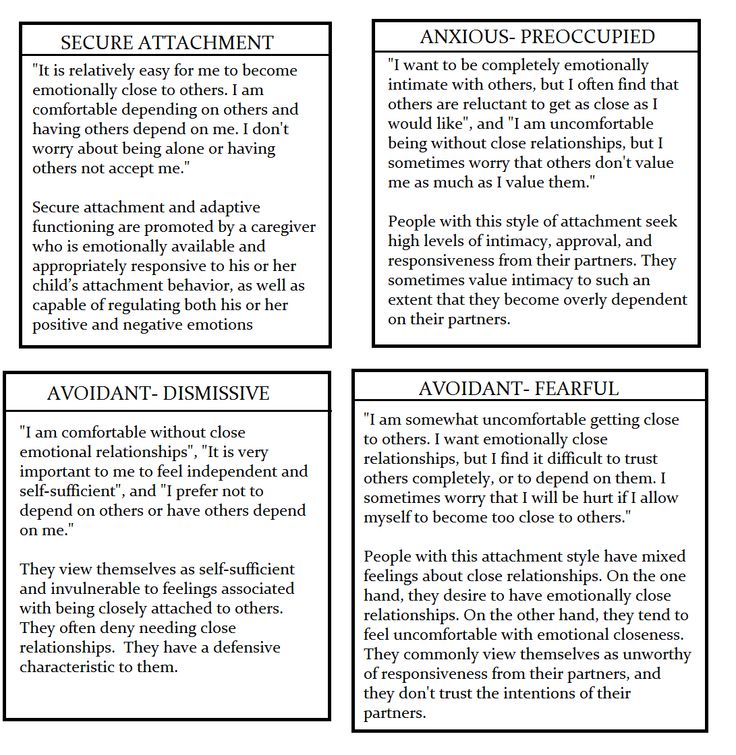
6. Practice letting go
Emotional dependency is when we feel we can't be okay until the other person approves of us. The practice of letting go means letting go of the need to control how other people treat us in order to be okay with ourselves. By learning to let go of these expectations, we also take responsibility for our feelings without making the other person responsible for them. This is a true form of acceptance, when we acknowledge that other people are entitled to their own feelings for us, but it does not change the essence of who we are and how we feel about ourselves.
The transition from emotional dependency to emotional independence can be difficult, especially if we had a childhood where we were not particularly praised and approved. The good news is that learning how to become emotionally independent is possible if the path is accompanied by patience and practice.
If you find an error, please highlight the text and press Ctrl+Enter .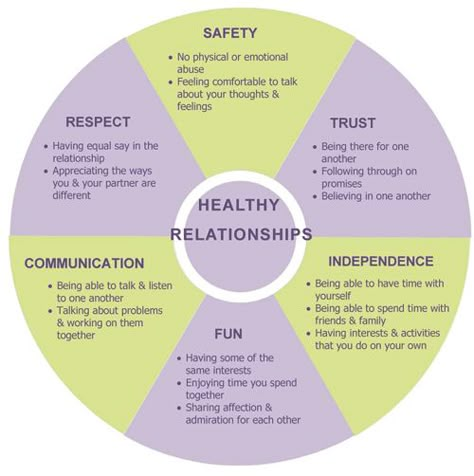
11 rules to help you become independent
Instead of wasting time wondering what your boss thinks of you, why you weren't invited to the party, and the guy from the next office is acting so weird, start enjoying life in real time. Adopt the 11 principles of emotional independence.
Website editor
Tags:
Bad habits
Expert advice
Self love
independent woman
Getty Images
Don't wait - act!
Any, even the most insignificant movement forward is more effective than stupid waiting. They don't call after the interview? Call yourself and find out when a decision is made. Boyfriend can't decide on plans for the weekend? Plan your leisure time independently. Can't get promoted for a long time? Consider other companies or related vacancies.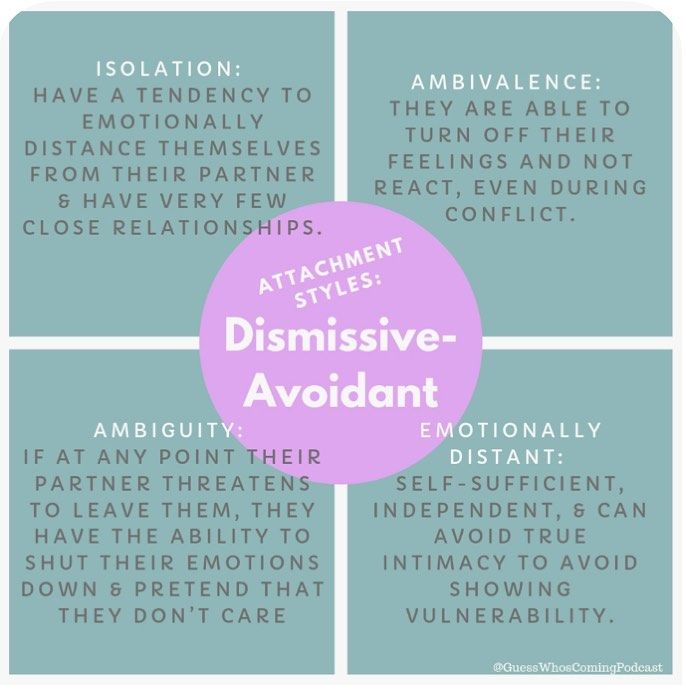 It is better to try many options and not get what you want than to do nothing at all. No one will do more for you than you yourself.
It is better to try many options and not get what you want than to do nothing at all. No one will do more for you than you yourself.
Don't think about how you are judged. Evaluate yourself
There is little pleasure in sitting on a date in a cafe and wondering: “How do I like him?” You must have noticed that men often do not even consider the possibility that they might not like them. So relax, lean back in your chair and evaluate your boyfriend in all respects. At the same time, you will decide whether he is interesting to you or not.
Don't wishful thinking
Imagine how much time you can save if you do not spend it on interpreting the signals of male sympathy. What difference does it make how he looked and whether he put his thumb behind the belt of his trousers if he still hasn't called and offered to meet? The axiom, tested by generations of women, says: a man does not call for two reasons - either he does not want to, or he has died.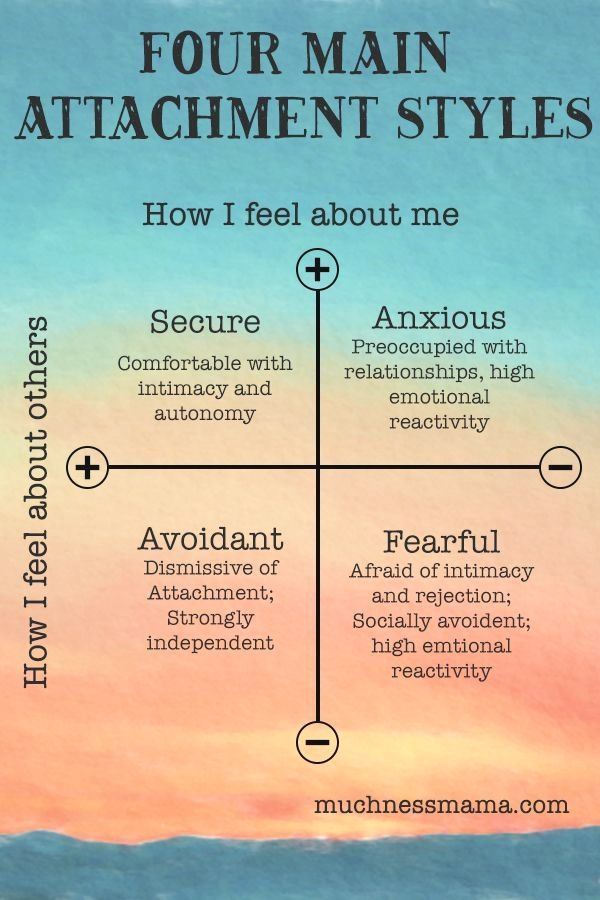 The best mood is calm optimism and the absence of mood swings due to someone's calls or their absence.
The best mood is calm optimism and the absence of mood swings due to someone's calls or their absence.
Know how to cheer yourself up
Don't let yourself get sloppy because your boss scolded you for being late, an old lady got rude on the bus, or your friend criticized your new haircut. Other people should not negatively affect your emotional state and undermine your self-esteem. To keep fit, keep in mind a solid list of things that make you happy: a warm bath with a book, a cup of coffee with syrup, a visit to the pool or a trip to a pedicure. Compensate for failure with pleasure.
Don't step over yourself
Loving yourself is the first step in any relationship in your life. Don't expect others to love you more than you love yourself. The most valuable relationship in a person's life is the relationship with oneself. What matters is what you think of yourself. You can’t feel emotionally comfortable in the morning if you were sitting in the office late the night before, doing someone else’s work. When you don’t want to do something, politely refuse, and you will feel what “a mountain off your shoulders” and “lightness in your soul” means.
You can’t feel emotionally comfortable in the morning if you were sitting in the office late the night before, doing someone else’s work. When you don’t want to do something, politely refuse, and you will feel what “a mountain off your shoulders” and “lightness in your soul” means.
Do not compare yourself to others
Envy often arises from comparing your own successes with the successes of others. If you don’t like that Lenka from the marketing department got a promotion, but you, a purchasing specialist, haven’t yet, think about what doesn’t suit you in your situation. Do you not feel that you are valued, are you not working according to your calling, or are you firmly convinced that a high status guarantees moral satisfaction? Comparing yourself with Lenka is the same as comparing the south with the north, and day with night.
Develop your abilities
Harmonious personal and professional development can make you happier and positively affect your self-esteem. Regularly do what you are good at and what you really enjoy. Learn to do it really well. And sometimes it is useful to trust some technique for identifying innate tendencies. You may not develop them, but you will certainly take note. What you do not do in your daily work can be turned into a hobby. Talent development nurtures qualities that can be valuable both in your career and in your personal life.
Regularly do what you are good at and what you really enjoy. Learn to do it really well. And sometimes it is useful to trust some technique for identifying innate tendencies. You may not develop them, but you will certainly take note. What you do not do in your daily work can be turned into a hobby. Talent development nurtures qualities that can be valuable both in your career and in your personal life.
Develop missing skills
You probably know the feeling of reluctance to take on a job that requires the use of tools that you are not good at. For example, you don't like to work in Excel and you always delay preparing a report in this program. Ask a colleague to show you a few features, and next month you will finish reporting faster.
Brian Tracy, self-development and leadership author, writes about missing skills: to double your income. You may be missing just one business skill! You probably already know what this skill is.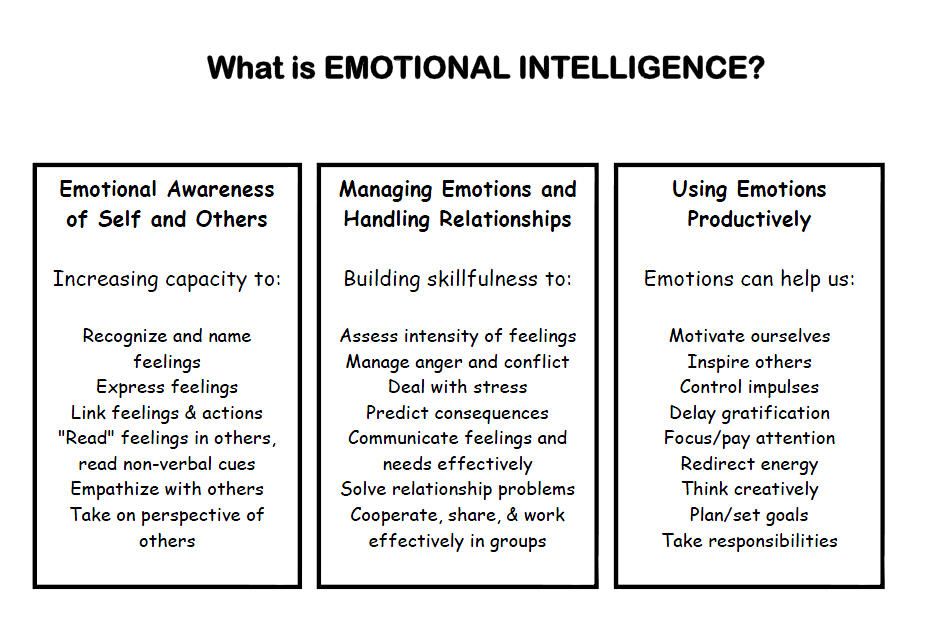 ..”
..”
Forgive yourself weaknesses
Weaknesses are like curls on fingerprints, without them it would be impossible to identify who owns the fingers. Weaknesses make us not only imperfect, but also humane, because they teach us to accept the weaknesses of others. Forgive yourself not laziness and not bad habits, but some addictions and distinctive features: love of coffee, mess on the table, slowness or excessive talkativeness. Such little things, although they take you away from the ideal, but they work great for your corporate identity.
Be financially independent
Financial independence gives you an advantage in everything. Girls who can take care of themselves are more respected, and you yourself feel much more confident with a stable income. You can be a real mistress of your life only if you don’t ask anything from anyone and don’t expect anything from anyone.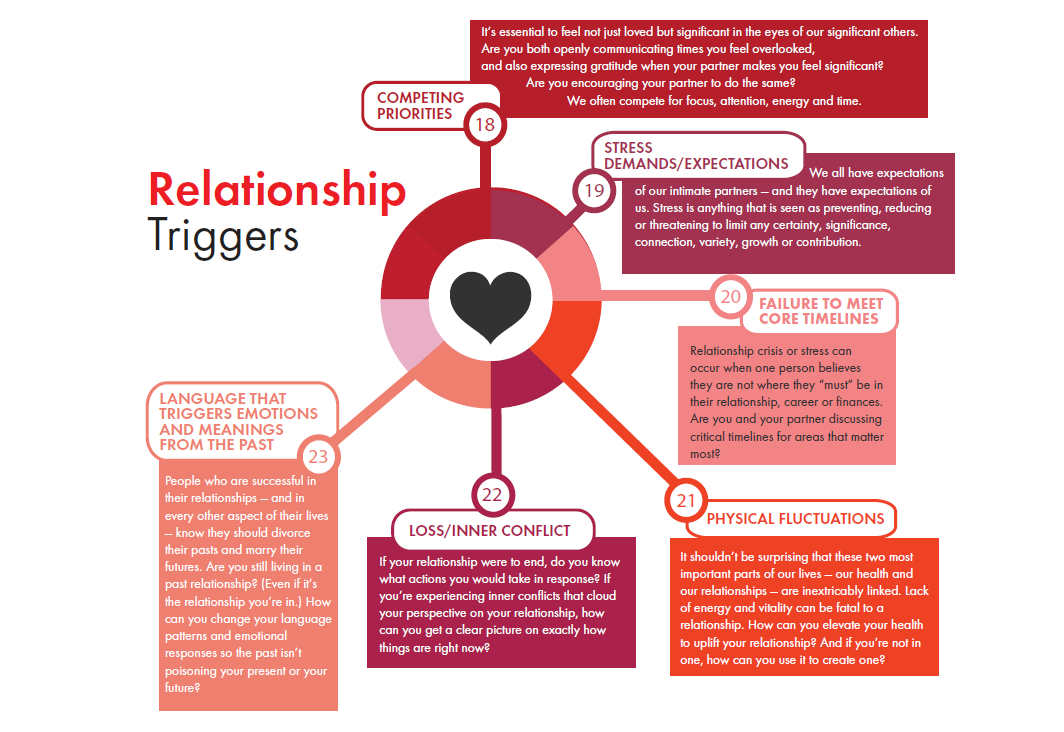 An independent girl can afford spending that some would consider unreasonable: spa treatments, mood-lifting shoes, dinner at a restaurant, lots of swimwear, or taxi services. And it is also desirable to increase your own emergency reserve, setting aside 5-10% of your salary every month. If the funds stop coming, you will not be lost.
An independent girl can afford spending that some would consider unreasonable: spa treatments, mood-lifting shoes, dinner at a restaurant, lots of swimwear, or taxi services. And it is also desirable to increase your own emergency reserve, setting aside 5-10% of your salary every month. If the funds stop coming, you will not be lost.
Be free from prejudice
Someone initially accepts for himself the rules of life by which the majority lives. In everything you need to listen to the advice of your parents, always give up your seat in transport, work only in your specialty, after two years of a relationship you must get married, and it is desirable to be under 25 years old and have at least two children. Such attitudes suit you only if you accept them for yourself. Curious neighbors who are eager to know when you will finally get married, it is better to answer politely but firmly: "As soon as I have such a desire, I will immediately inform you about it.